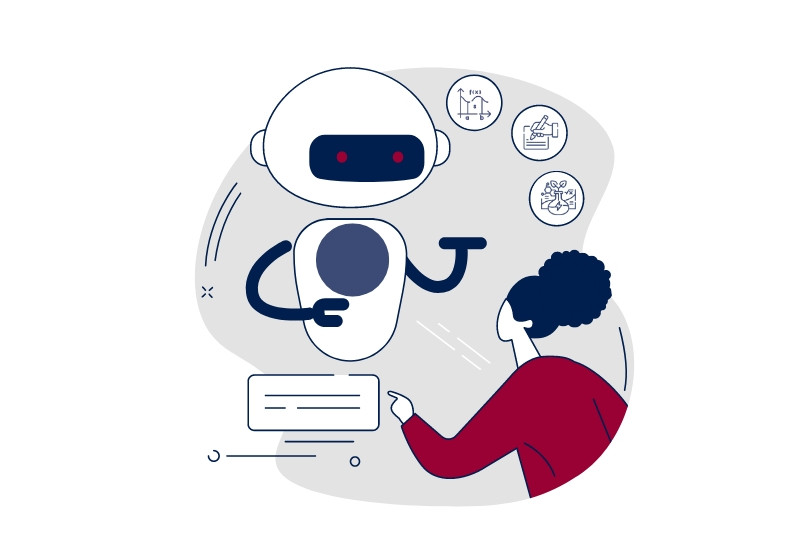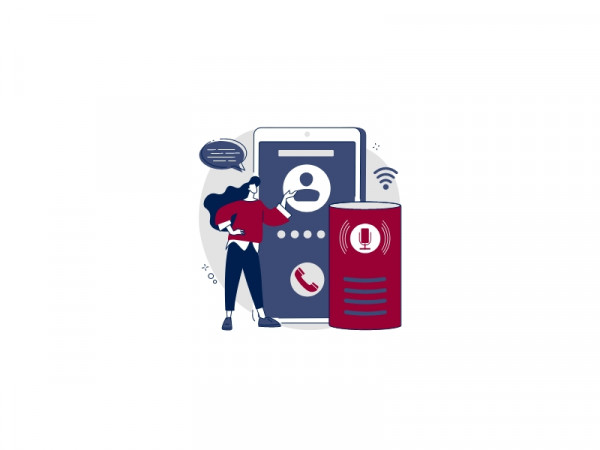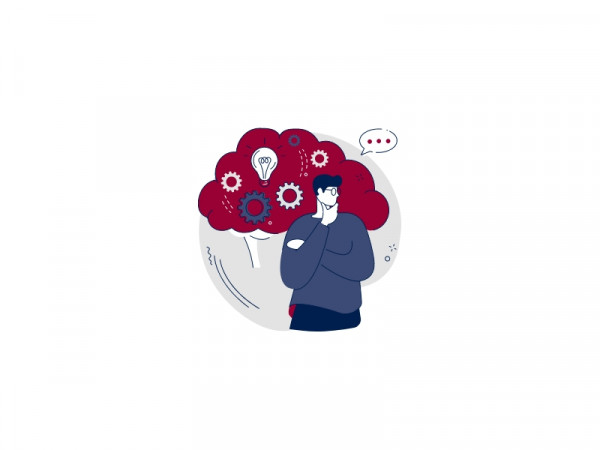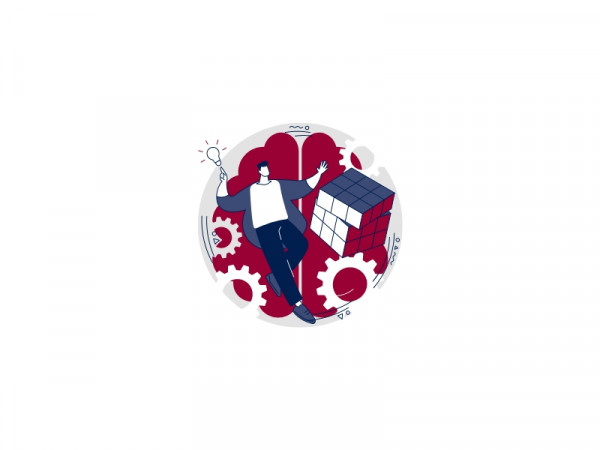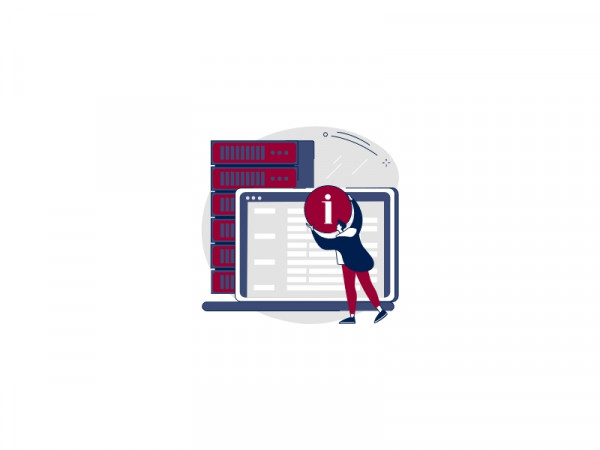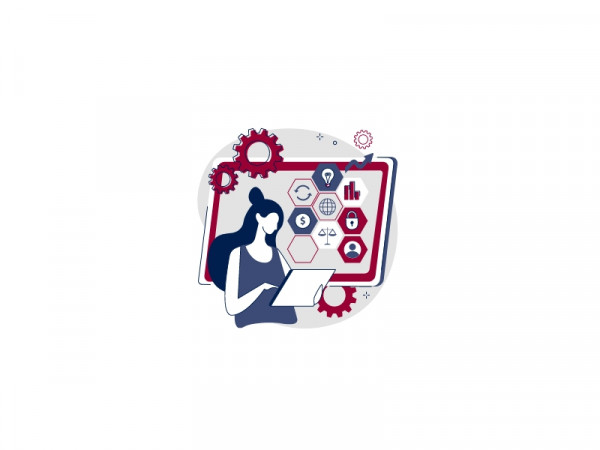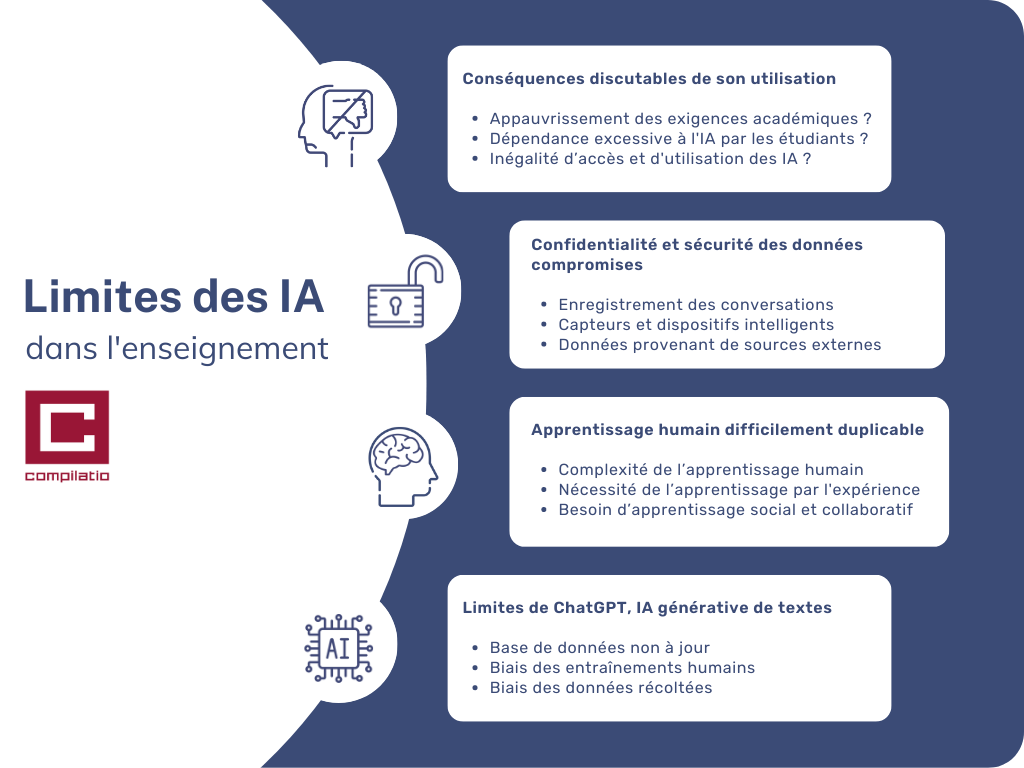Artificial intelligences worry teachers who fear one day being replaced by a robot. What are the limits of using AI in education? Is this technology reliable and effective?
Summary:
- Questionable consequences of using AI in education
- Compromised data privacy and security
- Human learning difficult to replicate
- The limitations of ChatGPT, a generative text AI
Recap


